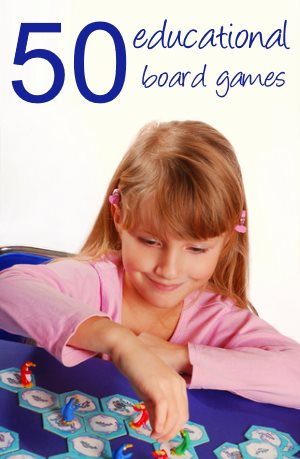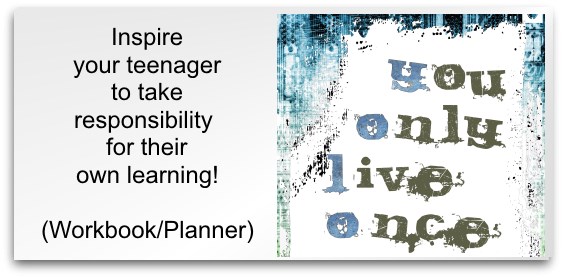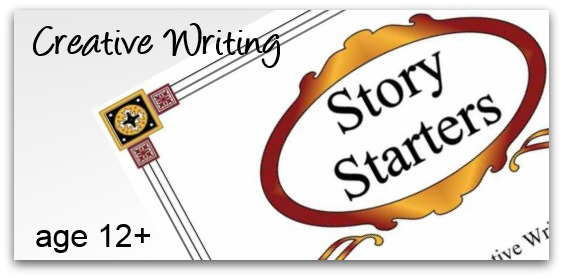How Autonomous Education Works for UsThe Case of the Mouldy Breadby Sonya, UK
Home >> Homeschooling Stories >> Autonomous Education
I am sitting upstairs with a piece of long-dead bread in the cupboard. It’s all part of an experiment my son is running; so long as no-one has to eat it afterwards that’s fine by me.
C. has been busy drawing a Star Wars inspired Millennium Falcon which will, she assures me, fly across a glittery sky to wish people Happy Christmas.
Neither of these ideas was mine. I make suggestions, yes; I hopefully place little temptations in likely places: a weaving loom here, an Encyclopaedia of World History there. Sometimes I am successful. We had a very happy week inventing our own Bird TOP TRUMPS game, finding out the predator rating of a Peregrine Falcon. Often, however, I am not.
How about a Space scrap book? A theatre show? Finishing off that Lego that’s been out for a month? All suggestions with the same pulling power as brushing teeth. I also have to accept that two minutes into a lively explanation of atmospheric pressure (related to why the plastic bottle in the freezer has a dent in it) my audience has run away. Should I worry? Absolutely not (though that Lego is getting on my nerves). Are we ‘behind’ in vital areas of the National Curriculum? You bet we are. We are also light years ahead in many subjects. Do we have lessons and times and things we mark? Absolutely not. But then we also have French over Breakfast and Barack Obama over supper.
If it all sounds terribly anarchic that’s because, largely, it is. We have a rule that we ‘do’ Maths at least once a week, but that’s not a good thing. It’s a reflection of my own weakness. I ran a budget of thousands of pounds as part of working life but a failed Maths ‘O’ Level has left me in a panic over the sight of a fraction. So for once I follow a more traditional route of workbooks and note, with depression, how the fun tends to vanish out the window. I shouldn’t bother really, because in the end who cares whether four fifths added to six tenths make a mess of a pizza?
What I care about is that the children are full of joy and laughter (most of the time, actually) and that by following their interests we can reach the parts no-one else can. And that is the key. You’d be amazed where an interest in Big Cats can take you. Drawing, obviously, though you’d be surprised to discover that all Lions smile. Geography because we have to find out where they all come from. Science because we need to know what habitat they prefer (notice how that lovely technical term has slipped in effortlessly). Then there’s a Jaguar to be drawn and turned into a jigsaw (design and technology, though maybe that’s stretching a point). The dreaded Maths because we need to know the TOP TEN cats, and at the end of it all a five year-old who can keep most adults on their toes by recognising an Oncilla.
That, of course, was when the children were younger. But I still remember how seeing Ki-Kay the Cheetah doing a poo through the roof of a land rover on Big Cat Diary sparked it all off. If she had been at school, with the best will in the world, would the teacher have had time to follow that interest? To let C. spend as long as she wanted, whenever she wanted, flying cuddly toy Ki-Kay through space to land on Mars? With thirty other children in the class, I think not. But look what areas of the curriculum we covered, effortlessly. And what unmarked areas we have covered too; for child’s ‘play’ may seem pointless and futile until you actually listen to it – why was Ki-Kay being naughty and what did Biggy do about it? What was the planet surface like on Spider World? What happens when older brother has an idea about what Ki-Kay should do that sister disagrees with? But maybe all that happens after school. After all, play isn’t education, it’s not about learning…
Which is not to say that we spend all week playing, though I have friends’ children who do, and horrifyingly they are remarkably articulate, intelligent and plain all-round nice children.
That’s where faith in autonomous education comes in – which, not being religious, is the hardest part. You have to believe that children will get there in the end in their own time and in their own way. It also means putting up with the sometimes alarmingly long patches when nothing seems to ‘happen.’ That’s tough. But then you’ll wake up and find W. reading DK Eye Wonder: Bugs. Over Breakfast he’ll explain that aphids lay eggs every 20 minutes without mating; ask and discover which class of animals scorpions belong to; think about how pond skaters use surface tension to float on water and we’ll end up discussing how we use soap to break up oil slicks on the surface of the sea. And that’s all before you’ve finished your muesli!
John Holt on autonomous education, Teach Your Own. |
How many seven year-olds would know that Titan’s atmosphere contains tholons or that copper can be an alternative to iron in the blood?
On the other hand give W. a pen and as many inducements as you could possibly imagine to get him to actually use it and you were looking at the work of a primate just descended from the treetops. Three agonising years later and an idea which would not perhaps have been my first choice - TOP TEN DISASTERS - exploded into his head and suddenly all those squiggles came together. Which just goes to show that imposing standards, trying to make sure every child is at the same point in everything at the same time, is an impossible task. But then autonomous education doesn’t obligingly follow the beautiful mathematical upward curve the National Curriculum tries so hard to impose.
I was taught at home for the first 11 years of life and I remember noting with sadness how quickly, how inexorably, how successfully school managed to make all the subjects I had ever enjoyed dull and boring. Rob, my partner, says that his schooling was all about passing exams and afterwards ‘I could forget all that I had learnt because it was of no use to me.’ Interestingly, he also feels that as a student he had to unlearn much of what he was taught in school before he could even start training as an Architect. I am not saying that all school teachers and all school lessons must inevitably fail (relatives and teacher friends breathe a sigh of relief here). I am also certain, because I have met them, that there are brilliant, inspiring, structured home educators. Finally I have to confess to having used some workbooks with a lot of success.
But if you can help a child discover their own interests and follow them wherever they lead you’d be amazed what they learn. In fact home education often means the children do the teaching. Scary but true. And learning in that way keeps alive that undimmed enthusiasm and thirst for knowledge which is so precious and so easily destroyed. I’m not saying that the children run our home; but they do have a big say in what, when and how they do something. And hopefully interests that will last long beyond the end of ‘school’ and into retirement. You could ask how many creative, interested, enthusiastic, free-thinking people school manages to produce. But a system geared towards exam results was never designed to measure such a positive outcome.
Many thanks to Sonya for sharing her autonomous education story.
If you have a story to share, about autonomous education or any other aspect of homeschooling, then I would love to hear from you.
Want more autonomous education stories? Check out the homeschooling stories page.
Return from Autonomous Education to Homeschooling-Ideas Home Page
Return from Autonomous Education to Homeschooling Stories
Lovely messages sent from visitors like you:
Oh my goodness! I am a home schooling mum of 4 and I have NEVER found a better site! Thank you so much.
Blessings, Jenny (New Zealand)
I wanted to say THANK YOU for your fabulous website. I found your website, and finally I have the confidence to take the plunge and take my daughter out of school and educate her at home, thank you, thank you.
Marina (UK)
I cannot get over how much great information and super ideas you have here. Fantastic!
Ruralmama (USA)
This is simply fabulous!! I just now found this site and I'm so excited!! The opportunities and suggestions as well as the need to inspire are exactly what I have been searching to fulfill!! I'm so thrilled to get started and even more excited to continue to explore all of the fabulous suggestions and creative ideas you have offered here!!! Thank you, thank you, thank you!
Jennifer (USA)













